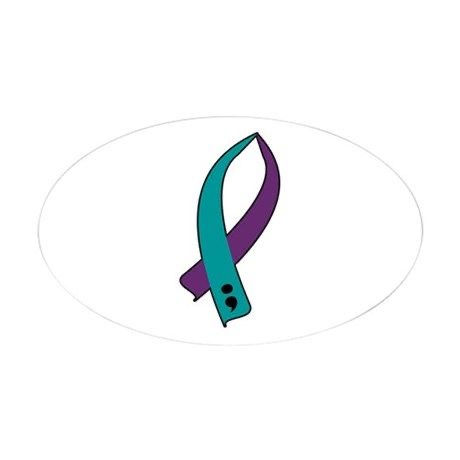In September, We Wear Purple & Teal
- heartsnsouls03
- Sep 17, 2021
- 2 min read
Updated: Sep 30, 2021

TW: discussion of suicide. We intend this post to be purely educational, not to incite nor encourage anyone to attempt to take their life. If you are feeling vulnerable at the moment, please do not read the following post and talk to a trusted adult or call/text any of the helplines listed under the RESOURCES page.
September is not only the start of fall, but it is also Suicide Prevention Month. Suicide Prevention Month is a time to reflect on those who have lost their lives to suicide and also to check in with yourself and those around you. It is a time to let others know that they are not alone and that needing help is okay. It is normal to feel isolated and lonely at times, but suicidal thoughts or tendencies can lead down a dangerous path and it is best to get help as soon as you can.
It is important to note that suicidal thoughts can be exhibited through a spectrum. On one extreme there are no suicidal thoughts while the other may be an attempt to end one’s life. While these are two extremes, there is a middle ground, which includes intrusive thoughts, passive and active suicidal ideation, and suicidal intent---there is a video linked under our sources that goes more in-depth into the spectrum. Many people suffer from passive suicidal ideation, which is where one has thoughts about ending their life but does not plan to go through with it. However, that doesn’t mean those feelings should be ignored. Suicidal ideation can lead to active suicidal thoughts very quickly.
Signs of suicidal thoughts or tendencies can include but are not limited to the following:
Looking for a way to kill oneself
Talking about feeling hopeless or having no purpose
Talking about feeling trapped or being in unbearable pain
Talking about being a burden to others
Increasing the use of alcohol or drugs
Acting anxious, agitated, or reckless
Sleeping too little or too much
Withdrawing or feeling isolated
Showing rage or talking about seeking revenge
Displaying extreme mood swings.
Talking about death/dying
But how do you prevent someone from taking their life? The first step is to talk to someone. There is no shame in asking for help and there are plenty of resources for everyone in every situation, including those who may not be in a position financially to afford expensive treatment. Be aware of your risk factors as well-- if you or a loved one have a history of depression, addiction, or other mental health issues, it is important to mention this to your treatment provider. If someone confides in you, or you believe that someone may be feeling suicidal, be gentle but direct. Have an honest, non-judgmental conversation and show support. In an emergency, call 911, but in other situations, help them find the professional help they may need.
If you are experiencing suicidal thoughts or tendencies, please seek professional help as soon as possible and confide in trusted people who can provide you with support.
Sources:









Comments